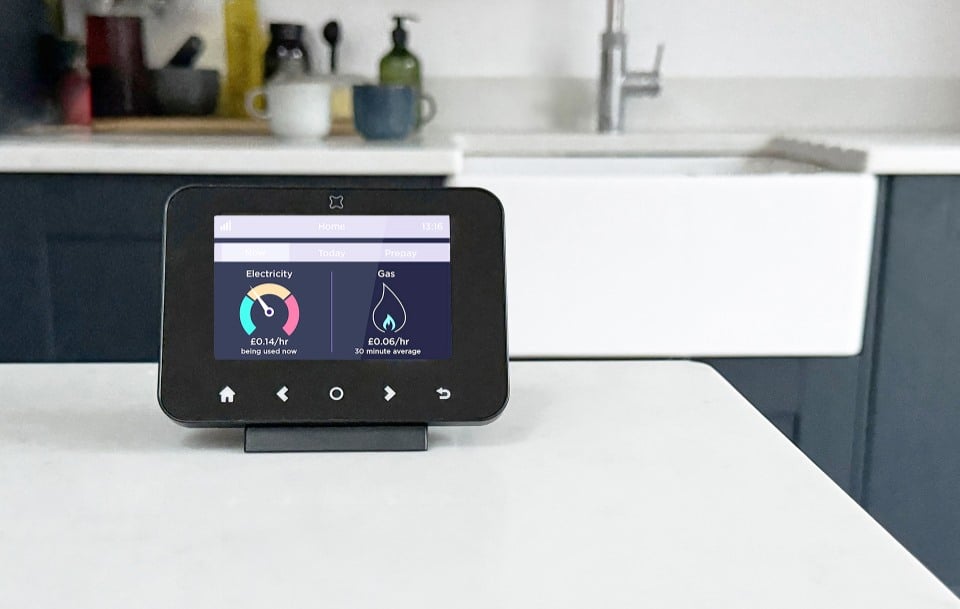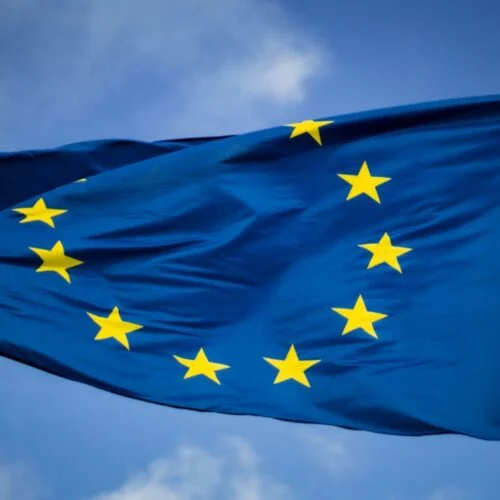The latest data from the Department for Energy Security and Net Zero (DESNZ) has revealed that 67% of all electricity meters in Britain are smart or advanced meters.
As of the end of March 2025 (Q1 2025), around 39 million smart meters were in use in homes and small businesses across Great Britain, with 35 million of these operating in full smart mode. In the first quarter of 2025, a total of 720,000 smart and advanced meters were installed by large energy suppliers across the UK, a figure that marks a 3% increase on the final quarter of 2024 and an 8.4% decrease on the first quarter of 2024.
Notably, the number of smart meters operating in smart mode has been increasing, rising by 2.4% from the previous quarter. Not all installed smart meters are able to operate in full smart mode, with some suppliers currently unable to operate smart meters in smart mode, and some meters unable to communicate with the wide area network. As of the end of March 2025, 91% of all smart meters were operating in smart mode.
The proportion of smart meters varies significantly from area to area in the UK. While smart meter penetration across the entirety of Britain sits at 67%, England has beaten this benchmark, with a penetration of 70%. Meanwhile, Wales has an average smart meter rollout of 67%, while Scotland trails at 57%. In England, many regions have an over 70% rollout of smart meters, including the North East (75%), Yorkshire and the Humber (71%), the East of England (73%), the East and the West Midlands (76% and 71% respectively), and the South East (715). Notably, London falls significantly behind in its own smart meter rollout, with only a 60% penetration of smart meters.
Various energy suppliers have had varied success in meeting their individual targets for smart meter rollout, according to Ofgem’s recent state of the market report. Large suppliers reached on average, 65% of their targeted smart meter numbers. E.On came the closest, reaching 89% of its targeted rollout, while OVO Energy performed worst, reaching only 51% of its target. Ofgem also noted that the increased rollout of smart meters could be a contributing factor in the increased uptake of smart time of use tariffs, with smart meters promoting awareness of different energy costs and usage during different times of the day.






